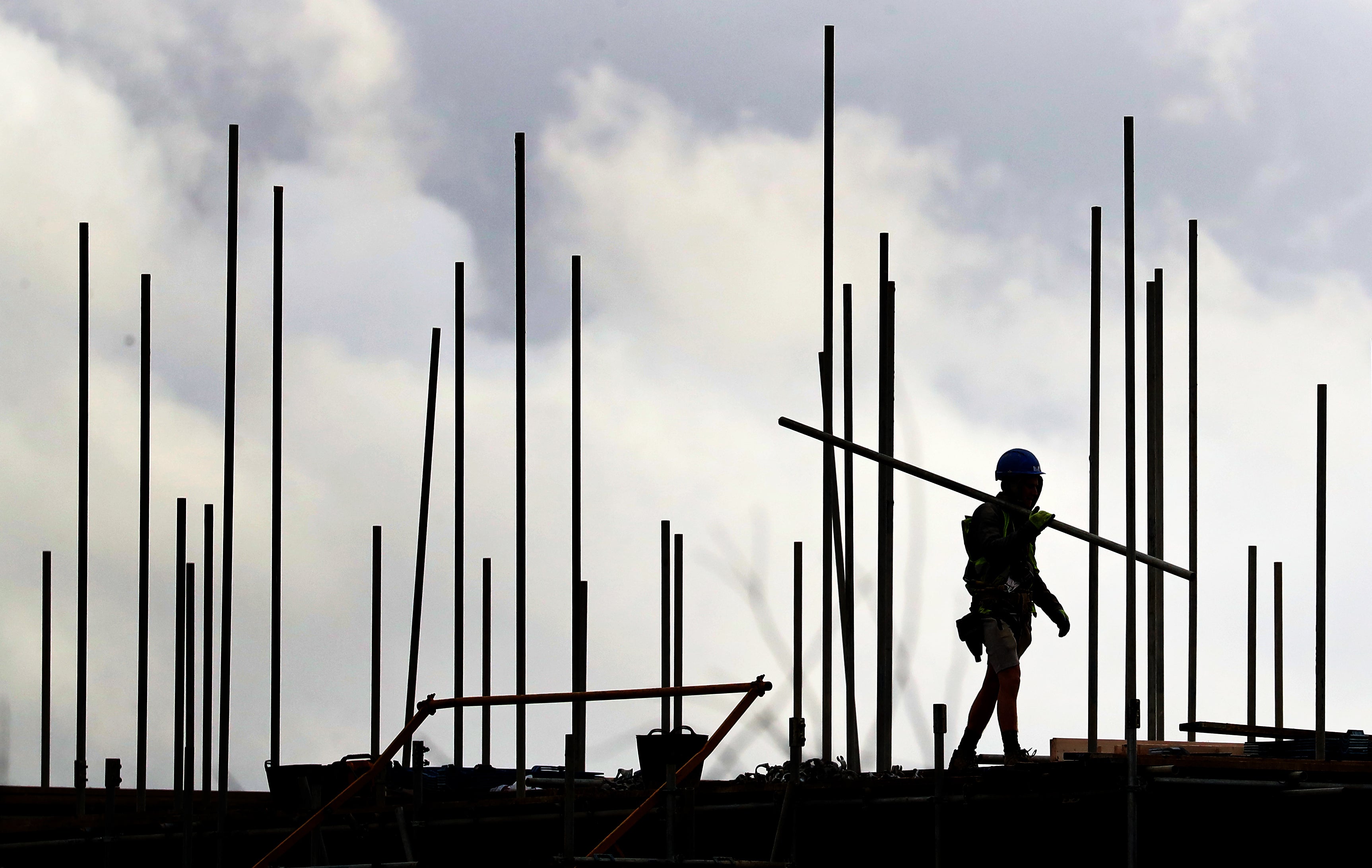Galliford Try managing supply chain issues amid return to profit
The group swung to annual pre-tax profits of £11.4m from underlying losses of £59.7m the previous year.

Your support helps us to tell the story
From reproductive rights to climate change to Big Tech, The Independent is on the ground when the story is developing. Whether it's investigating the financials of Elon Musk's pro-Trump PAC or producing our latest documentary, 'The A Word', which shines a light on the American women fighting for reproductive rights, we know how important it is to parse out the facts from the messaging.
At such a critical moment in US history, we need reporters on the ground. Your donation allows us to keep sending journalists to speak to both sides of the story.
The Independent is trusted by Americans across the entire political spectrum. And unlike many other quality news outlets, we choose not to lock Americans out of our reporting and analysis with paywalls. We believe quality journalism should be available to everyone, paid for by those who can afford it.
Your support makes all the difference.Builder Galliford Try has seen a return to profit and said it is successfully managing material shortages and price hikes amid supply chain problems.
The group posted better-than-expected pre-tax profits of £11.4 million for the year to June 30, against underlying losses of £59.7 million the previous year.
It said it is continuing to trade well in the new financial year, despite mounting pressures on the sector from material shortages and rising costs.
“Our disciplined approach to bidding and active engagement with our supply chain have proved particularly important during the recent period of materials shortages and inflation,” it said.
“Through our careful project management we have successfully managed and mitigated these challenges without any material impact on trading or margin.”
It expects profit margins to continue improving over the year ahead, in line with targets.
But it comes as rivals in the construction sector have reported delays to projects and pressure from increasing build costs due to the lorry driver shortage and supply issues, which come at a time of soaring demand.
Chief executive Bill Hocking told the PA news agency said the group had been buying in orders and materials far earlier to avoid shortages.
He said for one project, the group ordered in all the bricks it needed nearly a year in advance and stored them until construction started.
The group is expecting the material shortage issues to begin easing over the coming months and said while there had been some labour shortages among European workers over the summer, he is hopeful they will return in the coming weeks.
He added the firm has been factoring in higher costs in bids for new work.
Mr Hocking said: “We have dealt with challenging circumstances and continue to successfully manage the current market conditions.”
Be he added: “We are not immune to it and have the same pressures as everybody else.”
Shares in Galliford lifted 4% on Thursday as it declared a final dividend and said payouts would increase in line with earnings.
Galliford said its order book stood at £3.3 billion as at June 30, up from £3.2 billion a year ago.
The group also outlined new financial targets for the next five years, which will see it aim for revenues of up to £1.6 billion and a 3% margin across its building and infrastructure divisions.
Last year, Galliford sold off its housebuilding businesses, Linden Homes and Galliford Try Partnerships, to Bovis Homes, which has since been renamed Vistry Group.
The move left Galliford to concentrate on its wider building division, which focuses on the education, defence and health sectors, and infrastructure arm, which works on highways and environmental projects.
Freetrade analyst Gemma Boothroyd said Galliford made a “big mistake” in selling Linden Homes ahead of a boom in Britain’s property market.
“Access to the red-hot property market would have been a great boost for Galliford Try,” she said.
“It’s been an unprecedented year for firms lucky enough to have some skin in the homebuilding game.”
But Galliford bosses said the demerger allowed shareholders to remain exposed to housebuilding, as they received a near 30% stake in Vistry as part of the deal.